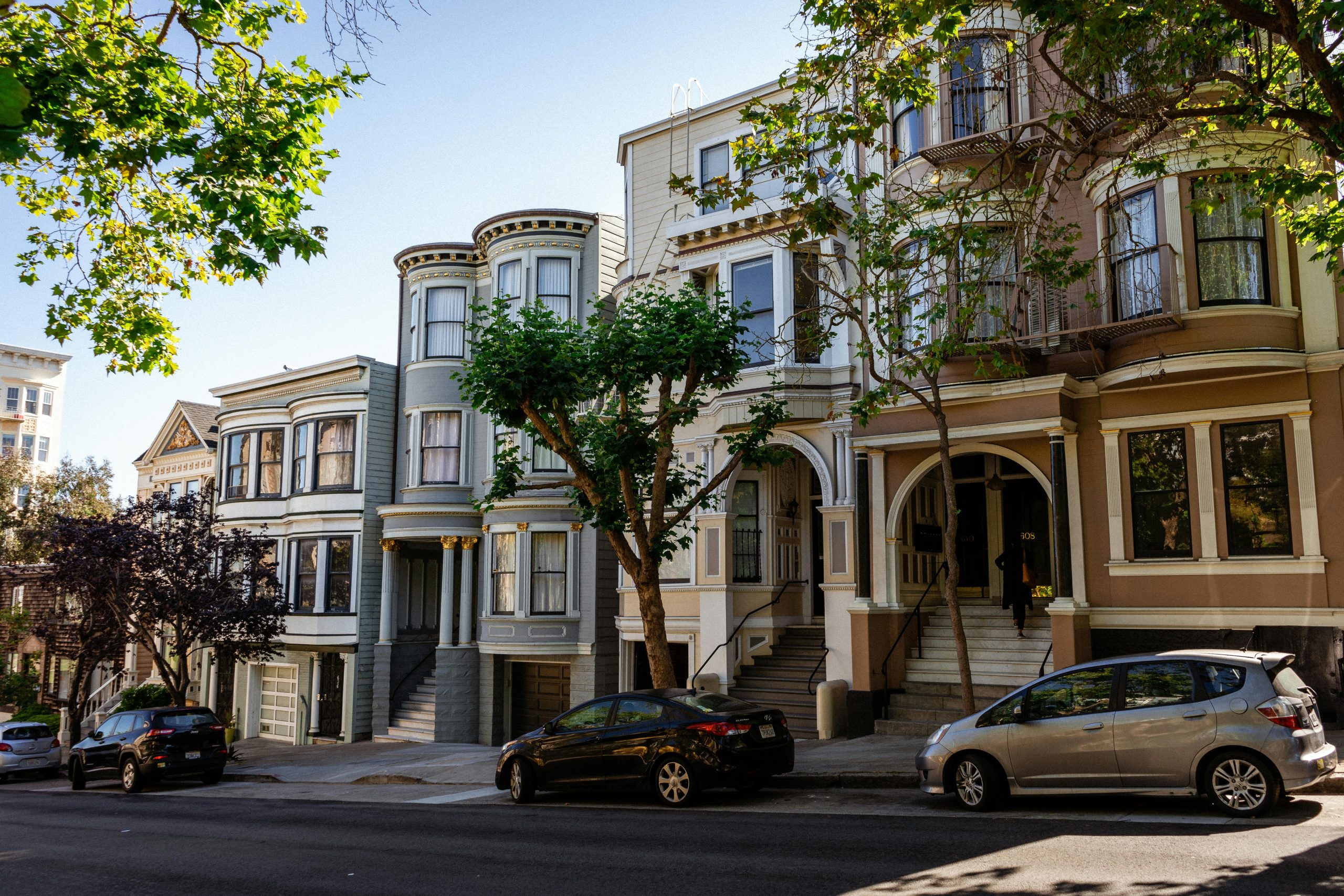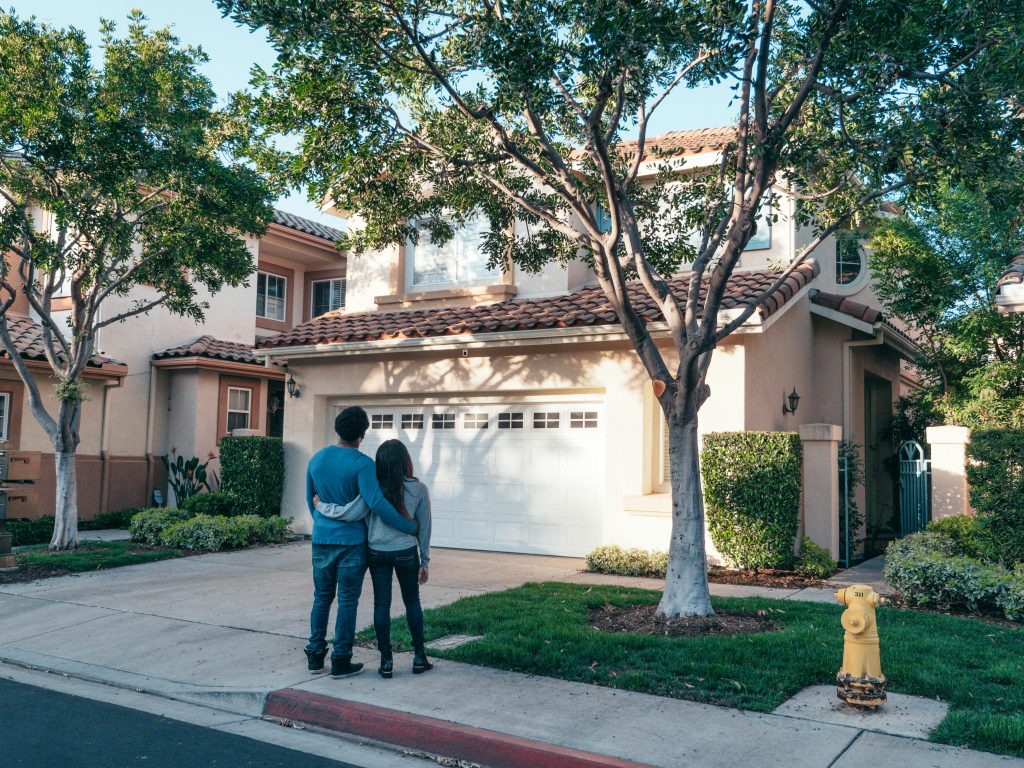- Prompt maintenance and communication ensure a comfortable living environment and prevent landlord misunderstandings.
- Verify tenant screening in multi-unit buildings to ensure responsible neighbors and enhance your living experience.
- Conduct a thorough property walkthrough and document its condition to avoid disputes when moving out.
- Understand lease terms, including rent increases and pet deposits, and clarify any confusion before signing.
Finding the right rental property can be daunting, but choosing one that fits your lifestyle and needs is essential. This guide breaks down key factors to consider when hunting for the perfect rental home, ensuring you make an informed decision.
Third-Party Involvement
Management companies can provide additional benefits, but it’s essential to understand their role. A property management company often handles rent collection, maintenance, and tenant relations. This can provide peace of mind and ensure timely responses to issues.
Fees Associated with Their Services
Be aware of any fees associated with the services they offer. These costs can impact your overall budget.
Impact on Your Relationship with the Landlord
Consider how the company might affect your relationship with the landlord. Some tenants prefer direct communication with the landlord.
Budget and Timeline
Understanding your budget and timeline is crucial when selecting a rental property. Here are some points to keep in mind:
Monthly Rent Affordability
Calculate how much rent you can afford monthly. Financial experts suggest that housing costs should not exceed 30% of your monthly income. Don’t forget to account for utilities and other related expenses.
Considering Utilities and Renters Insurance
Check if utilities are included in the rent or if they are an additional cost. Also, consider the cost of renters insurance, which can protect your belongings against damage or theft.
Short-Term vs. Long-Term Lease Options
Decide if you need a short-term or long-term lease. Short-term leases offer flexibility, while long-term leases provide stability and lower monthly rent.
Location Convenience
The location of your rental property will significantly impact your lifestyle. Consider the following aspects:

Preferred Neighborhoods and Commute Times
Choose neighborhoods that align with your lifestyle preferences. Consider the commute times to work, school, or other frequently visited places.
Proximity to Work, Schools, and Amenities
Evaluate the proximity to essential amenities like grocery stores, gyms, and healthcare facilities. Living close to these places can save time and make daily life more convenient.
Safety and Security of the Area
Research the safety and crime rates of the neighborhood. A secure and peaceful environment is vital for your well-being.
Size and Layout
The size and layout of the rental property should meet your needs and preferences:
House, Apartment, or Condo Preference
Decide whether you prefer a house, apartment, or condo. Each type has its own set of benefits and drawbacks.
Number of Bedrooms and Bathrooms Needed
Determine the number of bedrooms and bathrooms required for your household. Consider future needs as well.
Open Floor Plan vs. Traditional Layout
Think about whether you prefer an open floor plan or a traditional layout. An open floor plan can provide a spacious feel, while a traditional layout offers defined spaces.
Must-Have Amenities
Miscellaneous needs are dedicated to those who need more than a home or a space. Identify the amenities that are non-negotiable for you:
Laundry Facilities (In-Unit or On-Site)
Check if the rental property offers in-unit or on-site laundry facilities. This convenience can save time and effort.
Parking Availability (Garage, Street)

Ensure adequate parking, whether a garage, driveway, or street parking is available. Also, consider the adequacy of your vehicle. Space and payment can be your main factors in this amenity.
Pet Policies (If Applicable)
If you have pets, review the property’s pet policies. Some rentals may have restrictions on the type or size of pets allowed.
Outdoor Space (Yard, Balcony)
Consider whether you need outdoor space such as a yard, balcony, or patio. This can be important for relaxation and entertaining guests.
Landlord Responsibilities
Understanding what to expect from your landlord is crucial for a smooth renting experience:
Maintenance and Repair Requests
Clarify how maintenance and repair requests are handled. Prompt attention to these issues is essential for a comfortable living environment.
Rent Collection and Communication Style
Understand the landlord’s rent collection process and preferred communication style. Clear and consistent communication can prevent misunderstandings.
Screening of Tenants in Multi-Unit Buildings
In multi-unit buildings, inquire about the screening process for other tenants. Living alongside responsible neighbors can enhance your overall experience.
Final Inspection and Lease Agreement
Before signing a lease, ensure everything is in order:
Thorough Walkthrough of the Property Condition
Conduct a thorough walkthrough of the property to document its condition. Take photos or videos to avoid disputes when moving out.
Understanding Lease Terms (Rent Increases, Pet Deposits)
Read the lease agreement carefully and understand the terms, including rent increases and pet deposits. Clarify any points of confusion before signing.
Asking Questions and Getting Clarification
Don’t hesitate to ask questions and seek clarification on any aspect of the lease or property. It’s better to address concerns upfront.
Choosing the right rental property involves careful consideration of your budget, location preferences, and desired amenities. With the factors above, you can find a home that perfectly suits your lifestyle and needs. So, take the time to research and make an informed decision before signing a lease. Remember, you will be calling this place home for a significant amount of time, so it’s crucial to choose wisely.






